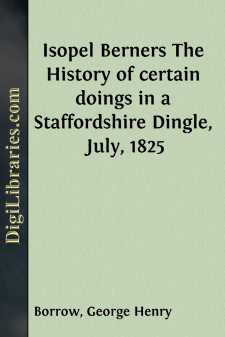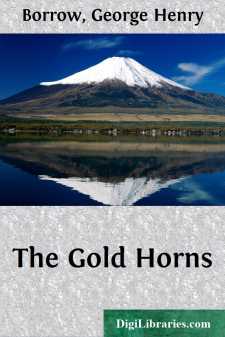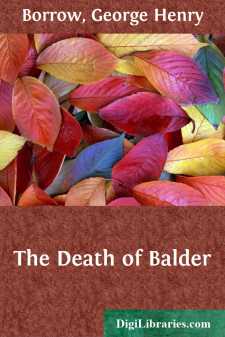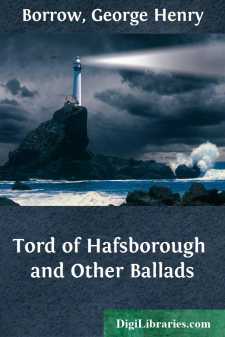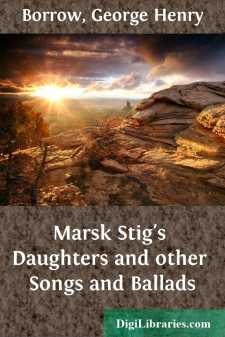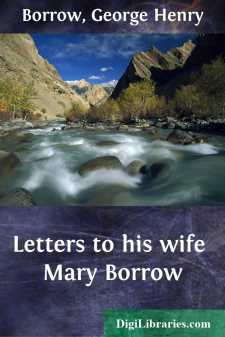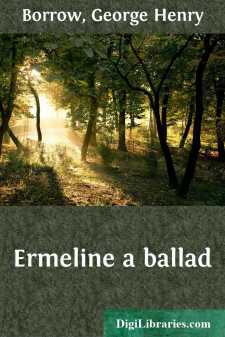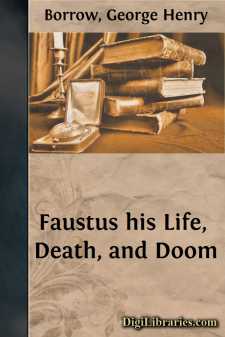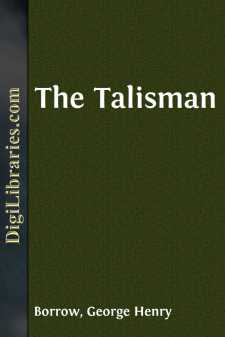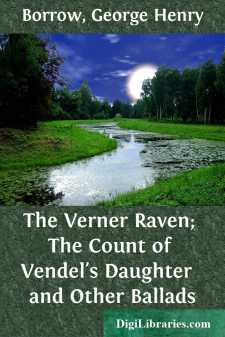Categories
- Antiques & Collectibles 13
- Architecture 36
- Art 48
- Bibles 22
- Biography & Autobiography 813
- Body, Mind & Spirit 142
- Business & Economics 28
- Children's Books 15
- Children's Fiction 12
- Computers 4
- Cooking 94
- Crafts & Hobbies 4
- Drama 346
- Education 46
- Family & Relationships 57
- Fiction 11828
- Games 19
- Gardening 17
- Health & Fitness 34
- History 1377
- House & Home 1
- Humor 147
- Juvenile Fiction 1873
- Juvenile Nonfiction 202
- Language Arts & Disciplines 88
- Law 16
- Literary Collections 686
- Literary Criticism 179
- Mathematics 13
- Medical 41
- Music 40
- Nature 179
- Non-Classifiable 1768
- Performing Arts 7
- Periodicals 1453
- Philosophy 64
- Photography 2
- Poetry 896
- Political Science 203
- Psychology 42
- Reference 154
- Religion 513
- Science 126
- Self-Help 84
- Social Science 81
- Sports & Recreation 34
- Study Aids 3
- Technology & Engineering 59
- Transportation 23
- Travel 463
- True Crime 29
Isopel Berners The History of certain doings in a Staffordshire Dingle, July, 1825
Categories:
Description:
Excerpt
INTRODUCTION.
I.
The last century was yet in its infancy when the author of The Romany Rye first saw the light in the sleepy little East Anglian township of East Dereham, in the county distinguished by Borrow as the one in which the people eat the best dumplings in the world and speak the purest English. “Pretty quiet D[ereham]” was the retreat in those days of a Lady Bountiful in the person of Dame Eleanor Fenn, relict of the worthy editor of the Paston Letters. It is better known in literary history as the last resting-place of a sad and unquiet spirit, escaped from a world in which it had known nought but sorrow, of “England’s sweetest and most pious bard,” William Cowper. But Destiny was weaving a robuster thread to connect East Dereham with literature, for George Borrow was born there on July 5th, 1803, and, nomad though he was, the place was always dear to his heart as his earliest home.
In 1816, after ramblings far and wide both in Ireland and in Scotland, the Borrows settled in Norwich, where George was schooled under a master whose name at least is still familiar to English youth, Dr. Valpy (brother of Dr. Richard Valpy). Among his schoolfellows at the grammar school were Rajah Brooke and Dr. James Martineau. George Borrow, a hardened truant from his earliest teens, was once horsed, to undergo a flogging, on the back of James Martineau, and he never afterwards took kindly to the philosophy of that remarkable man. We are glad to know that Edward Valpy’s ferule was weak, though his scholarship was strong. Stories were current that even in those days George used to haunt the gipsy tents on that Mousehold Heath which lives eternally in the breezy canvases of “Old Crome,” and that he went so far as to stain his face with walnut-juice to the right Egyptian hue. “Are you suffering from jaundice, Borrow,” asked the Doctor, “or is it merely dirt?” While at Norwich, too, he was greatly influenced in the direction of linguistics by the English “pocket Goethe,” William Taylor, the head of a clan known as the Taylors of Norwich, to distinguish them from a race in which the principle of heredity was even more strikingly developed—the Taylors of Ongar. In February 1824 his father, the gallant Captain Thomas Borrow, died, and his articles in the firm of a Norwich solicitor having determined, George went to London to commence literary man, in the old sense of the servitude, under the well-known bookseller-publisher, Sir Richard Phillipps. In Grub Street he translated and compiled galore, but when the trees began to shoot in 1825 he broke his chain and escaped to the country, to the dingle, and to Isopel Berners.
To dwell upon the bare outlines of Borrow’s early career would be a superfluously dull proceeding. We shall only add a few names and dates to the framework, supplied with a fidelity that is rare in much more formal works of autobiography, in the pages of Lavengro. From the same pages we may detach just a few of the earlier influences which went to make up the rare and complex individuality of the writer. Borrow’s father, a fine old soldier, in revealing his son’s youthful idiosyncrasy, projects a clear mental image of his own habit of mind. “The boy had the impertinence to say the classics were much over-valued, and amongst other things that some horrid fellow or other, some Welshman, I think (thank God it was not an Irishman), was a better poet than Ovid. That a boy of his years should entertain an opinion of his own, I mean one which militates against all established authority, is astonishing. As well might a raw recruit pretend to offer an unfavourable opinion on the manual and platoon exercise. The idea is preposterous; the lad is too independent by half.”
Borrow’s account of his father’s death is a highly affecting piece of English. The ironical humour blent with pathos in his picture of this ill-rewarded old disciplinarian (who combined a tenderness of heart with a fondness for military metaphor that frequently reminds one of “My Uncle Toby”), the details of the ailments and the portents that attended his infantile career, and, above all, the glimpses of the wandering military life from barrack to barrack and from garrison to garrison, inevitably remind the reader of the childish reminiscences of Laurence Sterne, a writer to whom it may thus early be said that George Borrow paid no small amount of unconscious homage. A homage of another sort, fully recognised and declared, was that paid to the great work of Defoe, and to the spirit of strange and romantic enterprise which it aroused in its reader....


